Undoubtedly, Nigeria gave in to pressure from the Ivorians to win their third continental championship as the 34th edition of the Africa Cup of Nations (AFCON) concluded in style on Sunday night at the magnificent Alassane Ouattara Stadium in the country’s capital.
Because of their poor performance in the two world cup qualifiers and three friendlies prior to the tournament, the Super Eagles were considered AFCON “pretenders” rather than “contenders’.
The team led by Jose Peseiro was unable to maintain a perfect record, giving up goals in five straight games, winning just one, drawing three, and dropping one against Guinea.
After a dismal opening game against Equatorial Guinea, the Nigerian national team’s triumph over the host nation, Ivory Coast, in the second round of Group A games restored faith in the team.
The Super Eagles overcame the Emerse Fae warriors despite winning four games and drew two in regulation time as they stormed into the competition final.
The Super Eagles’ four talking points from their tournament run are as follows:
The tournament’s surprise player was Stanley Nwabali, a Nigerian custodian who plays for Chippa United in South Africa. Prior to the Semifinal matchup with Bafana Bafana, Nwabali had kept four clean sheets.
Before the AFCON, Nigeria had a run of bad defensive performances, giving up eight goals in five games. However, with Nwabali, the team’s fortunes turned around as they played for more than seven hours without letting up.
Nigeria advanced to the final thanks to his valiant performance against South Africa in the semifinal. Nigeria entered the Sunday continental finals having lost five of their previous six matches, but they overcame some anxious moments to secure their spot.
In order to guarantee that the three-time champions will play host country Ivory Coast in the final on Sunday, Nwabali first stopped Evidence Makgopa’s attempt from the centre of the pitch with a diving bottom-left move.
William Troost Ekong, captain, leader, and legend
With Simi Ajayi and Calvin, Ekong led the squad to the championship game by organizing the greatest defence in the competition.
Troost-Ekong, who has been collecting data since 2010, is the only defender/full back to score three goals in the same CAF Africa Cup of Nations edition.
Since Gedo with Egypt in 2010, the Nigerian defender and Sébastien Haller (Côte d’Ivoire) are the only players to score in both the CAF semi-final and final in the same CAF Africa Cup of Nations edition.
The TotalEnergies Best Player award went to Nigerian captain Troost-Ekong even though his team did not win at the summit.
Saudi League scouts are vying for the signing of the Nigerian international born in Amsterdam, who has played in Holland, Belgium, Norway, Turkey, and Italy due to his phenomenal performance.
Victor Osimhen, alone
Throughout the competition, Victor Osimhen consistently kept opposing defenders on their toes and had a significant impact on the Nigerian team’s inspiration in the latter third.
Victor Osimhen of the Super Eagles was praised by former Arsenal defender Kolo Toure for his strength and pace.
“He is incredibly fast and a very powerful player.
Toure is quoted by Persecondnews as saying, “He has only scored one goal so far, but what he brings to that team is incredible.”
Nigeria benefited from the 3-4-3 tactical shape while moving forward from the flanks and attempting to catch opponents on the counterattack. The Super Eagles midfield was not at its best during the tactical switch from 4-3-3 to 3-4-3; on numerous occasions during the competition, the midfielders let the attackers down.
Osimhen was a lonely and irritated figure up front due to his incapacity to manage the game, set the pace, and identify the inward runs of the “African Player of the Year.”
The Napoli striker gets tired of dropping into the midfield to assist Alex Iwobi and Frank Onyeaka in the majority of the tournament games.
Ola Aina gave Osimhen seven opportunities during this year’s AFCON, which is the most that a teammate has given Osimhen at an AFCON competition since 2013. Osimhen’s primary supply came from the wing.
José Peseiro, who manages games
Due to the loss against Ivory Coast, the Nigerian coach lost the opportunity to become the first Portuguese person to win the AFCON trophy.
Jose Peseiro changed from 4-3-3 to 3-4-3 after the draw with Equatorial Guinea, which gave the Super Eagles additional breadth and flank-based punch.
Teams can control possession, generate overloads in different parts of the pitch, and switch between attack and defense fast with the 3-4-3 system.
When facing a possession-based club in any of the knockout games, the Super Eagles had no backup plan; they would give up the ball and wait for a break to punish their opponents.
The Super Eagles supporters don’t watch boring tactics that yield few opportunities for goals; instead, they want to see their team take on every team, battling pound for pound in the midfield.









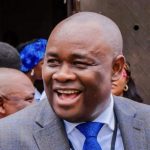


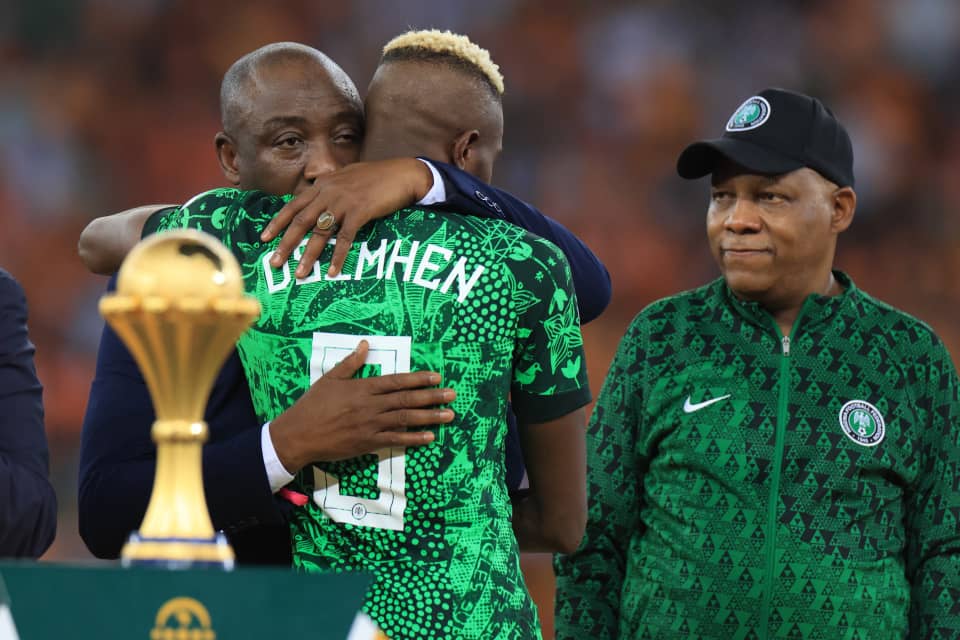







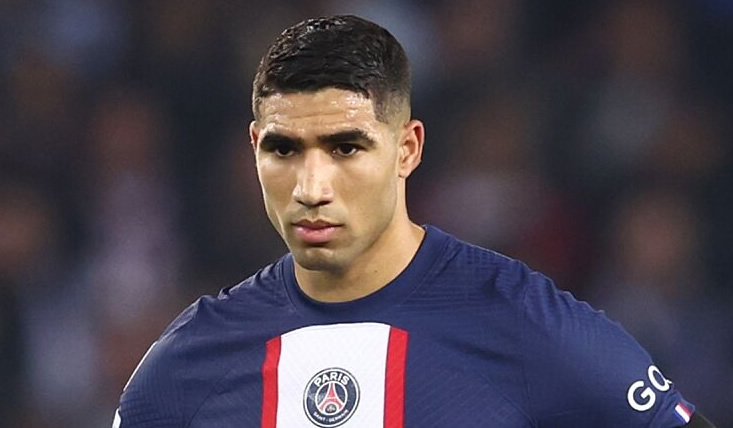
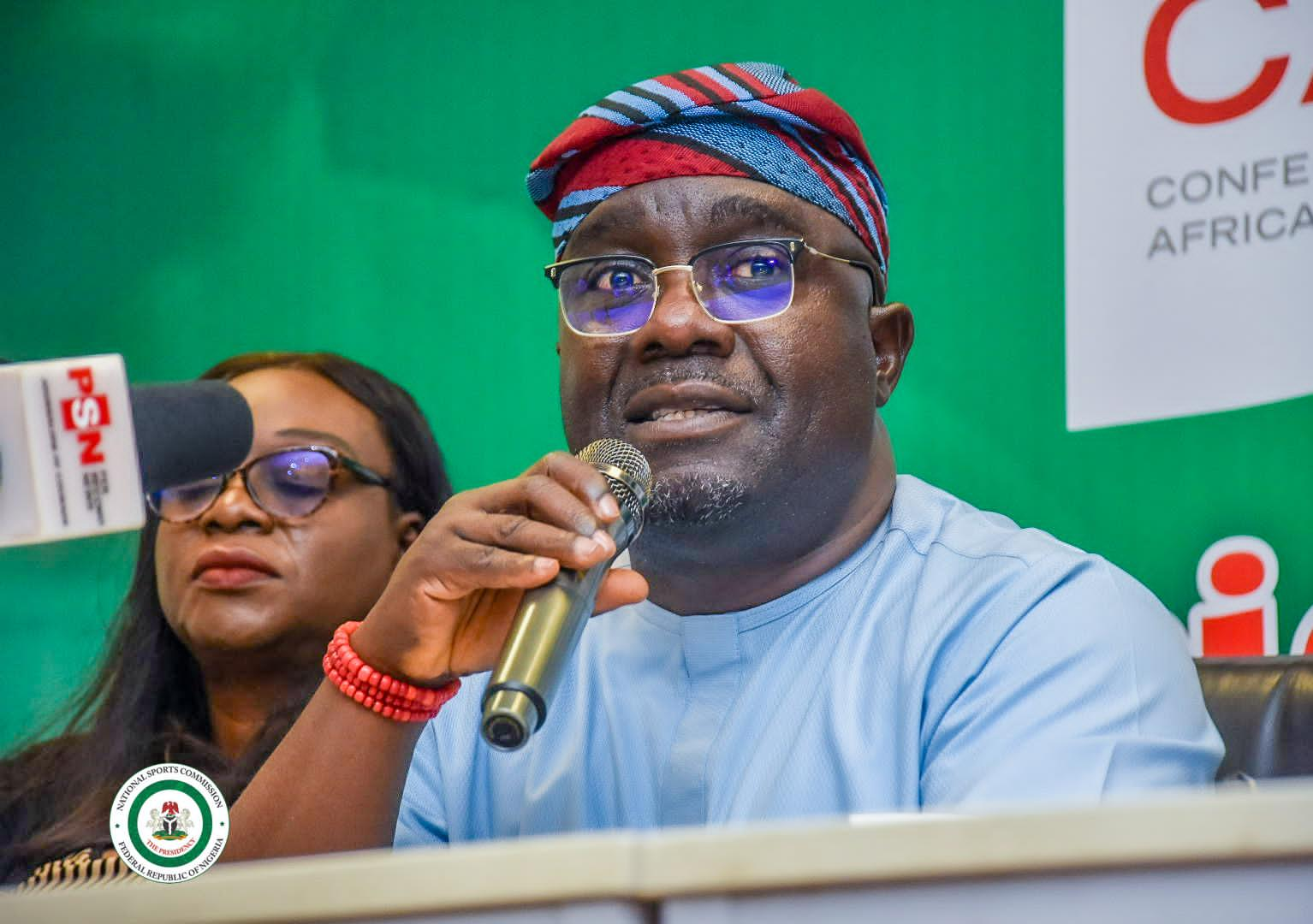
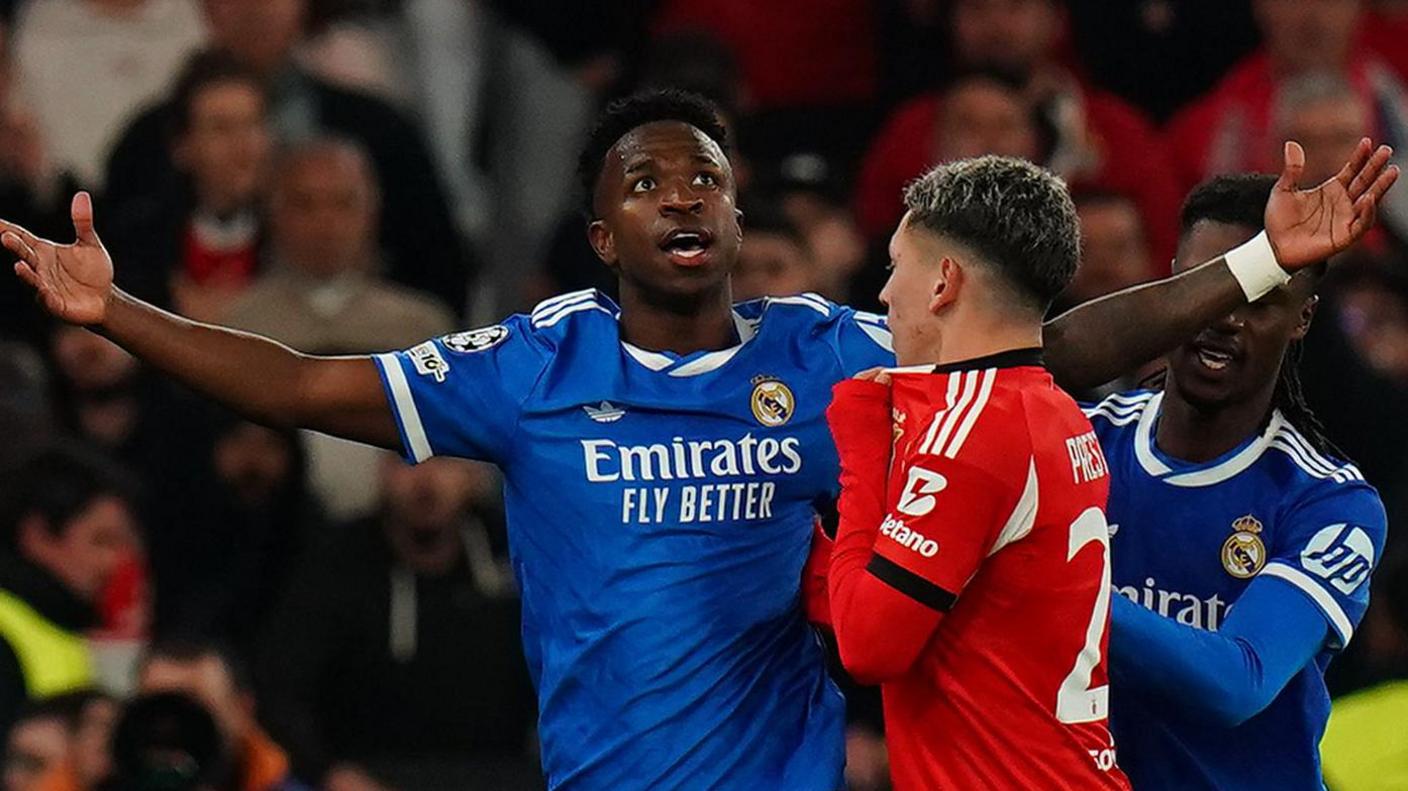

Leave a comment